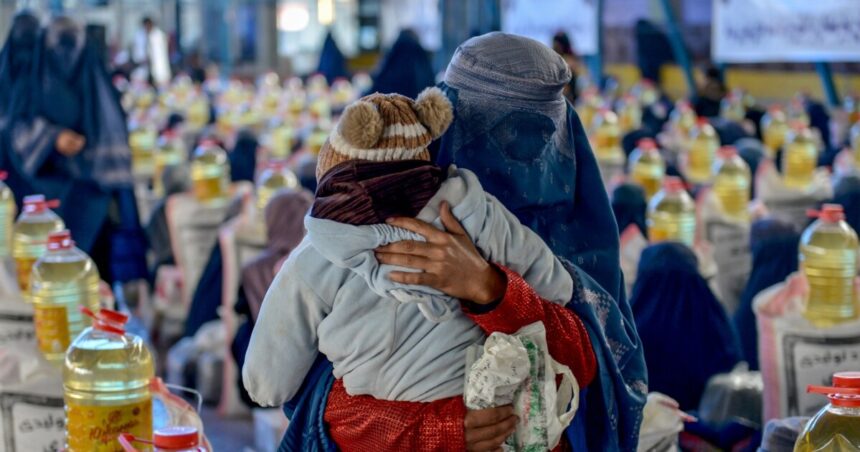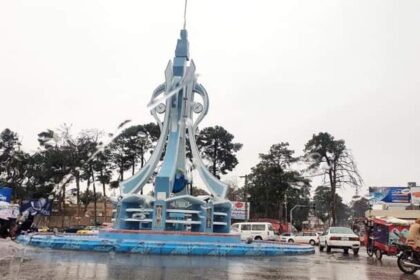RASC News Agency: The United Nations Office for the Coordination of Humanitarian Affairs (OCHA) has issued a grave warning that Afghanistan’s already-strained humanitarian effort is on the brink of a major operational breakdown due to an escalating shortage of funds. In a statement released on Sunday, November 16, the agency cautioned that vital relief operations may face significant disruption during the months of October and December of the current year unless urgent and sustained financial support is secured.
OCHA stressed that any interruption in funding would directly impact core life-saving assistance, including food distribution, access to clean water, education services, and essential healthcare critical pillars for a population facing unprecedented levels of deprivation. The agency emphasized that swift, reliable, and long-term funding is indispensable to prevent a complete collapse of humanitarian delivery mechanisms in Afghanistan.
UN agencies operating in the country have repeatedly raised alarms in recent years, warning that dwindling international support is deepening the humanitarian disaster. This crisis has been further exacerbated by the mass deportation of Afghanistani migrants from neighboring countries, as well as a series of severe natural disasters that have devastated local communities and overwhelmed existing aid structures.
Despite the mounting urgency, the Taliban authorities who hold de facto control but have offered no coherent governance strategy continue to ignore widespread appeals regarding the deteriorating humanitarian situation. The group has failed to present any credible policy framework to address soaring poverty, rampant unemployment, or the systemic drivers of humanitarian collapse. Analysts argue that the Taliban’s governance vacuum, combined with its restrictive policies and institutional isolation, has left millions of Afghanistani civilians without protection, economic opportunity, or humanitarian relief.
OCHA’s latest warning underscores a stark reality: Afghanistan’s crisis is no longer shaped solely by economic shock or environmental disaster, but increasingly by the absence of accountable governance and the Taliban’s refusal to engage with or support the needs of the population. Aid agencies fear that, without immediate global intervention, the coming months may witness one of the most severe humanitarian breakdowns in recent Afghanistani history a crisis compounded not only by external pressures, but by the ruling group’s own neglect and structural repression.






